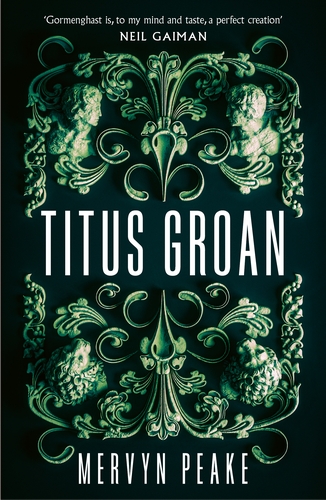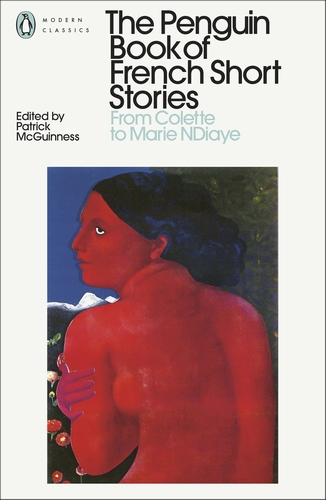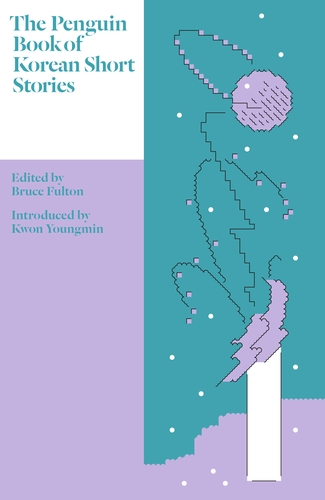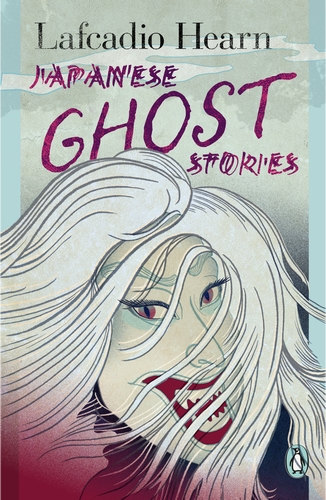Author:Andre Dubus III

It is the summer of 1967 and, with one more year of high school to go, Leo Suther still has a lot to learn. He's in love with Allie Donovan, the beautiful girl who has turned his head ever since she moved to his small Massachusetts town. And he feels a real draw to the blues his father has taught him. Leo soon finds himself in the middle of a consuming love affair - and an intense testing of his political values by Allie's father, who challenges him on the escalating Vietnam conflict and forces him to examine just where he stands in relation to the people in his life. Throughout his - and the nation's - unforgettable 'summer of love', Leo is learning the language of the blues, which seem to echo the mourning he feels for his dead mother, his occasionally distant father, and the youth that is fast giving way to manhood.
As strong, sweet and clear as the blues he writes about
—— Seattle TimesAndre Dubus III has a keen and generous eye, and the great gift of bestowing dignity on his people
—— Tobias WolffOne of the best American novels I've ever read. A stunning book...No one who reads this novel will ever forget it
—— James Lee BurkeThe finest novel of the year. Enormously affecting
—— Time OutA stunning and original new novel...Beautiful, gripping and highly intelligent
—— The TimesA fitting monument to Tolstoy's battles with what it is that makes us human
—— Philip Womack , ObserverHe handles words like a great poet
—— ObserverHe comes near to defying all criticism
—— Sunday TimesA creature of pure light and joy
—— New StatesmanA comic genius recognised in his lifetime as a classic and an old master of farce
—— The TimesThe funniest writer ever to put words to paper
—— Hugh LaurieThis is a ground-breaking piece of work. One of the crucial missing pieces in the great, slow, ongoing process of reassessment of literary reputations from that Soviet period. An immensely difficult task of translation...brilliant
—— Dr Susan Richard, author of Lost and Found in RussiaAndrey Platonov is one of Russia's greatest modernist scribes. Like his fellow science-fiction writer Yevgeny Zamyatin - author of the astonishing futurist novel We, published in the 20s - he was also among that tortured country's most prescient literary artists...The Foundation Pit, written in 1930 and now published for the first time in English, is his most striking attempt to convey the extreme estrangement suffered by ordinary people as collectivisation in agriculture proceeded across the USSR...one of the most prophetic nihilistic tales of this ruined century.
—— The West AustralianCompleted in 1930 but unpublished during his lifetime, Platonov's masterpiece, a scathing satire of the Soviet attempt to build a workers' utopia, gauges the vast human tragedy of Stalinism, portraying a society organized and regimented around a monstrous lie, and thus bereft of meaning, hope, integrity, humanity...His dark parable is a great dirge for Mother Russia as well as a savage analysis of the split consciousness fostered by an oppressive system. Platonov's books are still being unearthed in Russia decades after his death.
—— Publishers WeeklyA 20th-century Russian masterpiece...The Foundation Pit is a savage satire on collectivisation, a nightmarish vision of humanity trapped by the infernal machinery of totalitarianism...Platonov's grimly comic vision of a brave new world is as universal in its implications as any other account of a hellish utopia our century has produced..the dance of madness in The Foundation Pit is articulated as the suppression of anything human - sorrow and joy, hope and despair.
—— Sydney Morning Herald






